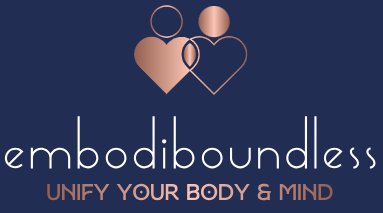Somatic sex education is a field of study and practice that focuses on the holistic understanding and exploration of human sexuality, embodiment, and pleasure. It combines principles from somatic psychology, bodywork, and sexology to provide individuals with experiential learning opportunities to enhance their sexual well-being.
The term “somatic” refers to the body and emphasizes the importance of incorporating the body’s wisdom, sensations, and experiences into understanding and transforming sexual patterns, challenges, and desires. Somatic sex education recognizes that sexual health and pleasure are not purely intellectual or theoretical but are deeply rooted in the body and its sensations.
Somatic sex education practitioners may work with individuals or groups to explore various aspects of sexuality, including arousal, pleasure, embodiment, consent, boundaries, communication, and personal growth. They may use techniques such as breathwork, movement, touch, and verbal dialogue to support clients in developing a deeper connection to their bodies and their unique sexual expression.
The goals of somatic sex education can vary depending on the individual’s needs and desires. Some common aims include:
- Enhancing body awareness: Somatic sex education helps individuals develop a greater awareness of their bodies, including sensations, emotions, and pleasure, fostering a deeper connection to their own sexuality.
- Healing trauma: Practitioners may assist individuals in healing past sexual trauma or addressing body-related issues that affect their sexual well-being, using somatic techniques to support the integration of traumatic experiences.
- Empowering sexual agency: Somatic sex education encourages individuals to explore and understand their desires, boundaries, and consent, empowering them to make informed choices about their sexual experiences.
- Expanding pleasure potential: Through somatic practices, individuals can discover new pathways to pleasure, expand their capacity for pleasure, and develop a more fulfilling and satisfying sexual life.
*It is important to note that somatic sex education is a professional field, and practitioners often have specific training and certifications. If you are interested in exploring somatic sex education, it is recommended to seek out qualified professionals who adhere to ethical guidelines and prioritize the well-being and consent of their clients.

